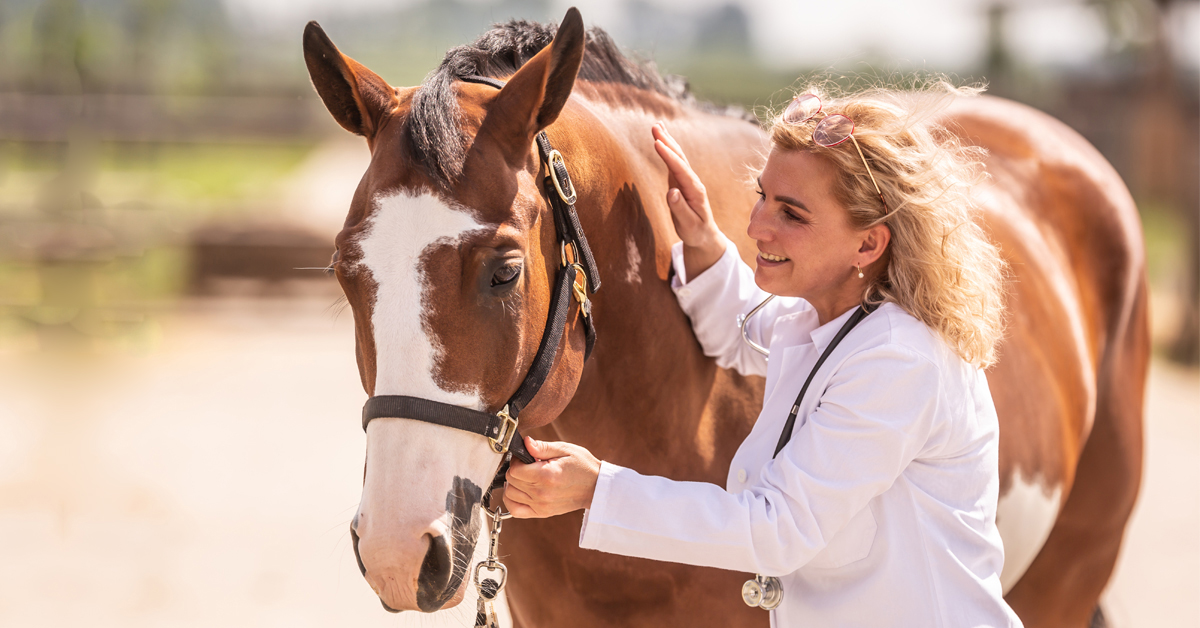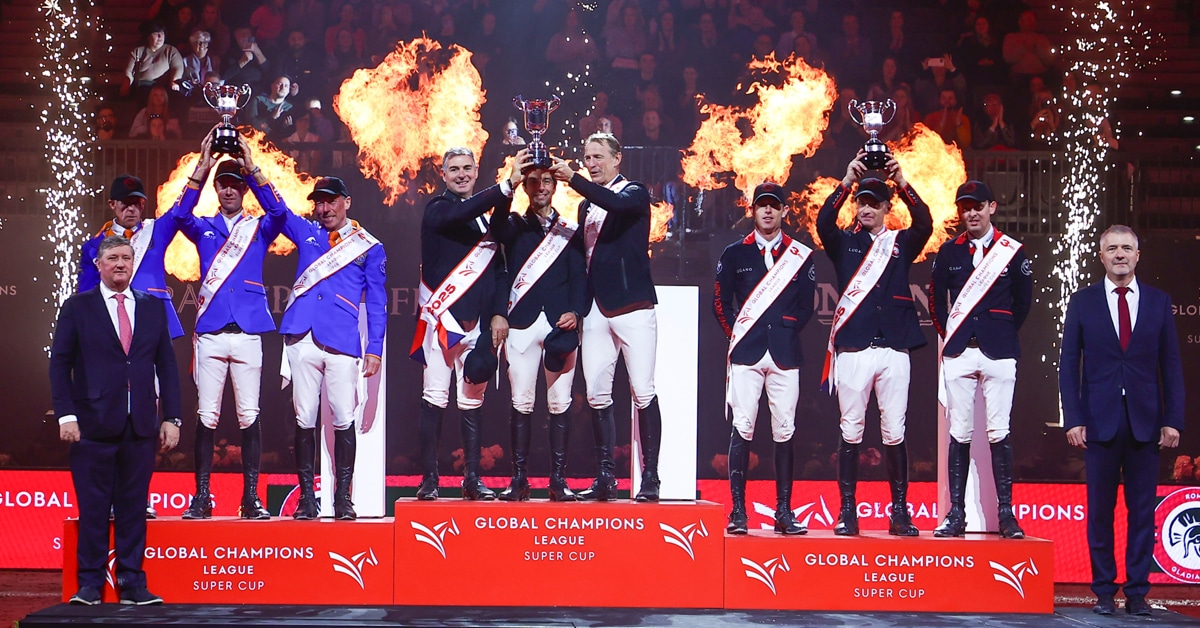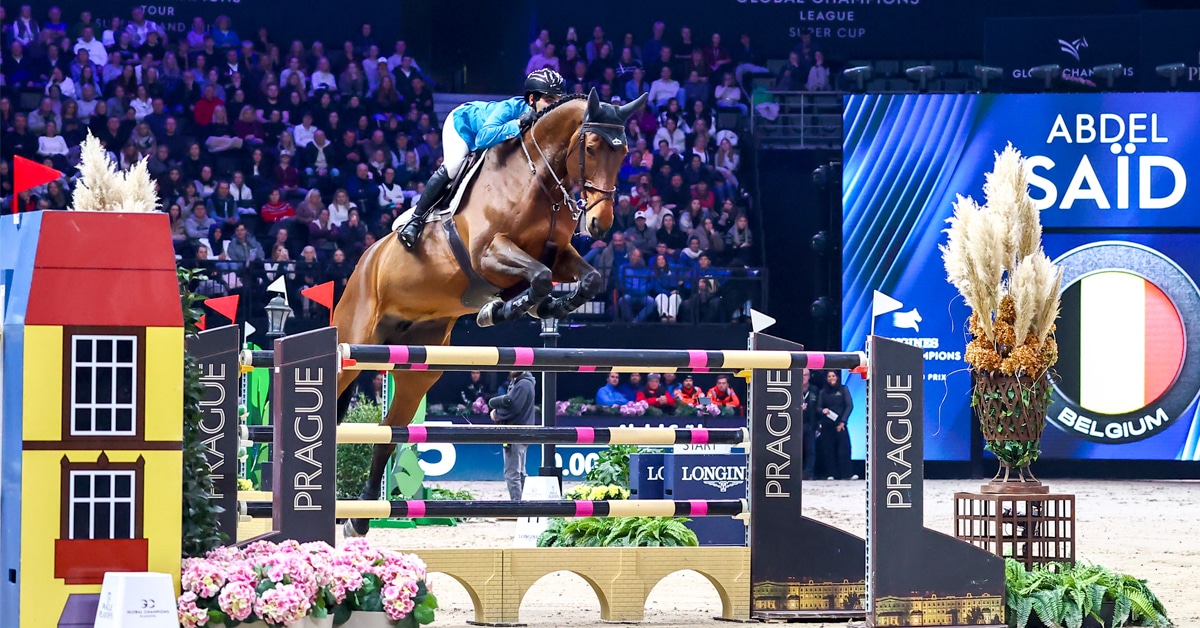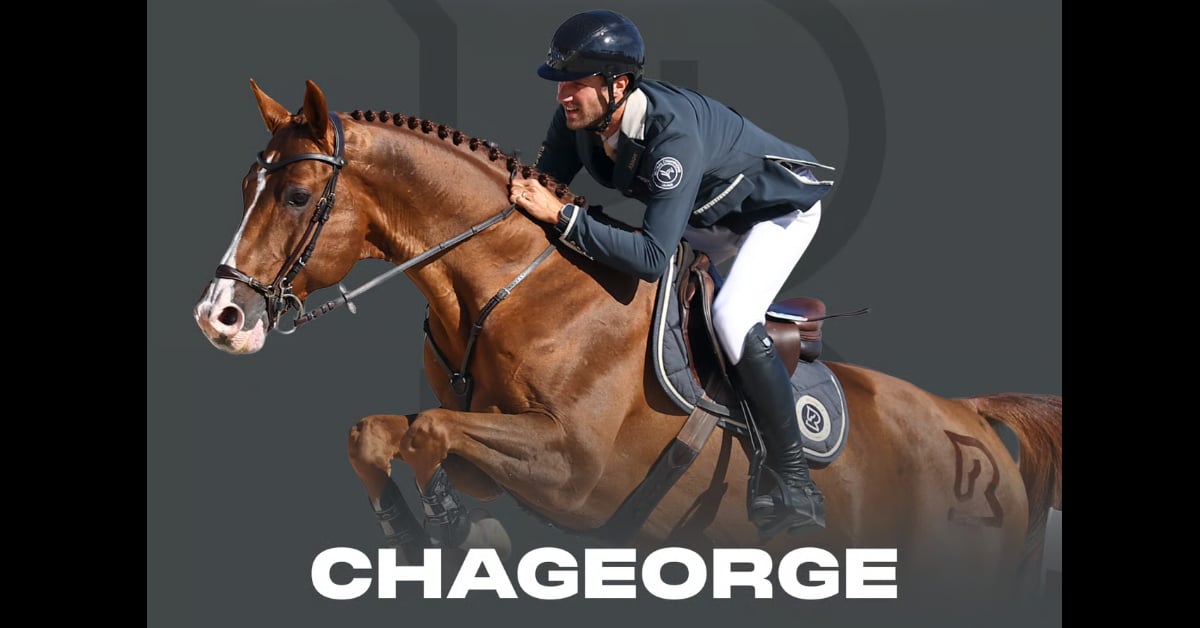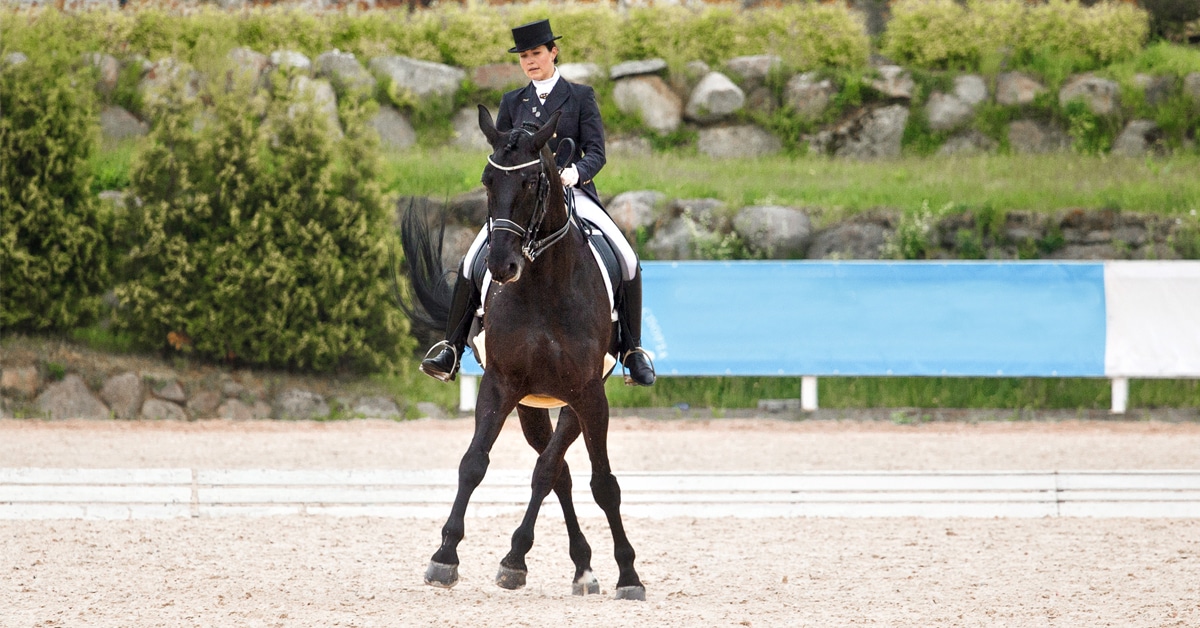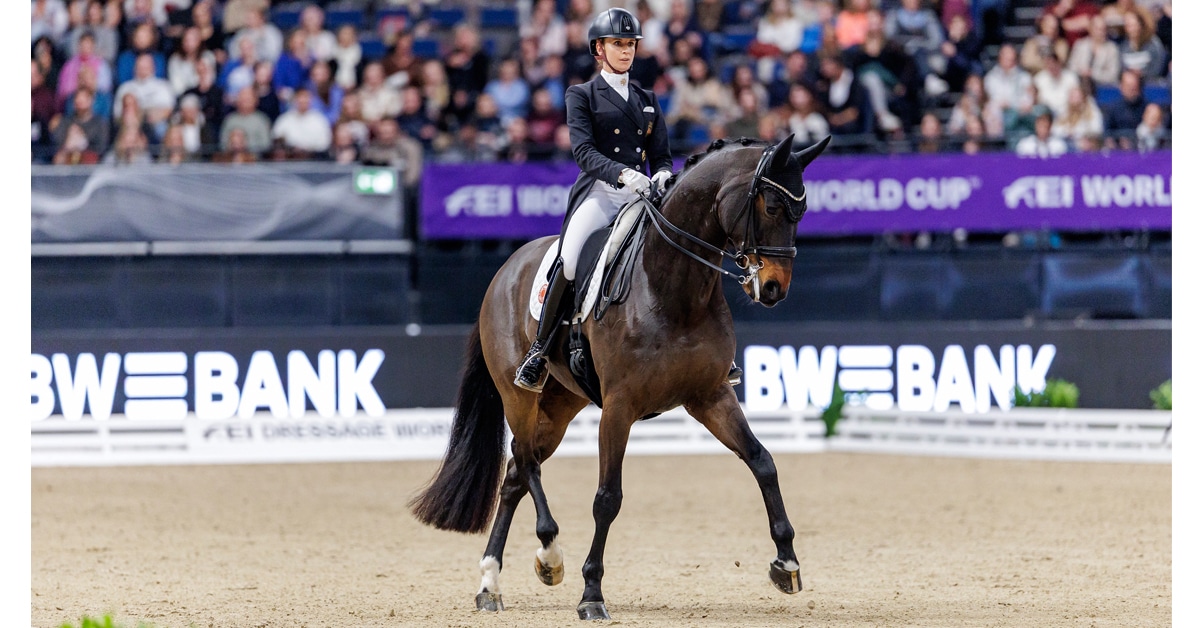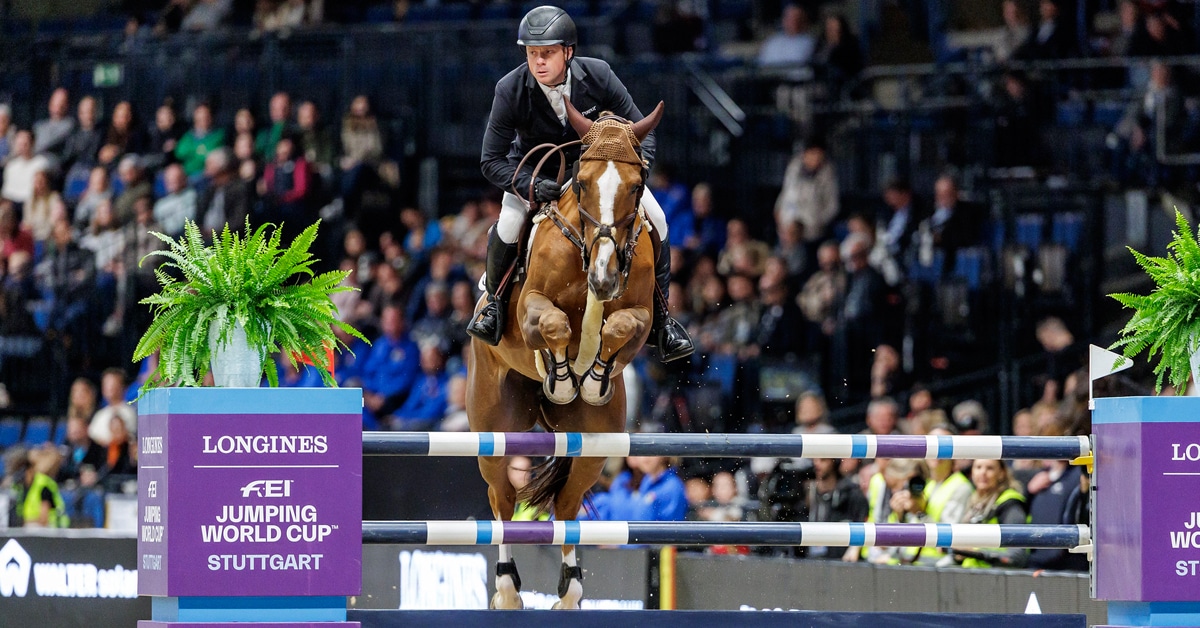The FEI has ousted the International Eventing Officials Club from the elite band of stakeholders that have a voice in the rule-making process. On March 1 the FEI announced it had terminated its Memorandum of Understanding (MoU) with the IEOC citing a “breach of trust.”
However, it has emerged that the IEOC had already lodged a claim with the FEI Tribunal against the revised terms for renewing their 10-year-old MoU. The IEOC says it had only just received a copy of the FEI’s defence on February 29 when it learned the MoU was axed.
In a statement to the 500 officials on its mailing list, the IEOC says it is “shocked and disappointed at these actions.” It is taking legal advice over this latest development, while continuing with the Tribunal case.
The IEOC was founded in 1998 by legendary judges Dr. Bernd Springorum, Frederik Obel and Jean Mitchell, and was one of the first stakeholder groups to sign a MoU with the FEI. The MoU gives the right to propose and be consulted about changes to the FEI rule book, in which process the IEOC has always been active, latterly under the chairmanship of Andy Griffiths. The FEI says that officials’ views will still be represented by the official (Anne-Mette Binder) on the eventing technical committee.
According to public information on the IEOC website, relations with the FEI soured prior to the terms dispute. Minutes from recent years show that IEOC has been warning about the difficulty of recruiting and retaining officials, a concern compounded by the FEI’s new training structure and officials’ evaluation systems notified in 2022. In particular there are practical difficulties to upgrade to “Level 4”, a category that aligns eventing with other FEI disciplines.
The IEOC claims it was not consulted in advance. It says qualification, “maintenance” and upgrading will become unaffordable for many, especially those in countries a considerable distance from Europe. Officials in North America – where opportunities for aspiring eventing judges to apprentice with dressage judges are already restricted – New Zealand and Australia would find attending the requisite quota of upper level “overseas” fixtures impossible.
That comes on top of the difficulties securing appointments from organisers (OCs) in the first place. An IEOC survey suggested that some officials managed to secure an invitation only by telling the OC they would be in that country anyway, thereby saving the OC’s travel costs, or even by offering sponsorship.
Between 2015 and 2022, 54% of judges previously qualified to officiate at 5* events and senior championships did not receive a single invitation, with 50% of available ground jury places filled by just 10% of those qualified. The chances of qualified technical delegates receiving an invitation to top-level events were even worse over the same period.
The IEOC was “bombarded” with concerns about the new Eventing Education System and sent eight pages of members’ questions to the FEI in October 2022 that remain unanswered.
The IEOC says there is also a lack of support from FEI HQ for officials accosted at events by riders who disagree with a decision, or trolled on social media. Christian Landolt, who has officiated at 10 championships and 23 5* events, resigned from the FEI panel last year following the FEI’s alleged reluctance to intervene over an incident in the US.
At a meeting with senior FEI executives in Lausanne last summer. the IEOC delegation “repeatedly pointed out that the majority of the workforce within the sport is made up of volunteers, therefore the future very much depends on its continued goodwill and the FEI must show respect to its Officials.”
The IEOC is not the only stakeholder concerned about the shrinking pool of eventing officials and course designers. The European Equestrian Federation and leading eventing nations Germany and Great Britain have all flagged it to the FEI in the past year.
Regarding the termination, the FEI said: “The MOU was based on trust and the mutual commitment to foster the growth of equestrian sport together in a respectful and harmonious manner. Unfortunately, in the past months it has become evident that there is a breach of trust and a general breakdown of the relationship with the IEOC management. Seeing that no further dialogue and collaboration is possible, the FEI has decided to formally terminate the relationship with the IEOC, and thus terminate the MOU.
“Consequently, the IOEC will no longer benefit of the conditions offered to MOUs, and the FEI will no longer recognise the IEOC as the international organisation representing the collective views of the FEI Eventing Officials. We would like to stress, however, that this decision does not impact the relationship of the FEI with its Eventing Officials in any way, with whom we wish to maintain a positive collaboration.”
The IEOC says: “For the last several months, the IEOC Board has been in discussion with the FEI about various matters impacting officials and about the terms of the MoU. We tried our best to resolve these matters amicably but were unable to do so. We therefore felt we had no other option but to file a claim with the FEI Tribunal, requesting that the FEI comply with the MoU, to ensure that our members’ voices can be properly heard.
“The FEI’s position does not change the IEOC as an organisation, or what it stands for. The IEOC will continue to help and advise our members, share information, have your voices heard, and work to improve the sport of eventing – as we have done for the last 26 years.
“We have been heartened by the messages of support that we have already received.”
More News
